Essential oils are the concentrated liquids of plants. Essential oils have become popular for their use in aromatherapy and alternative medicine; they are also used in cleaning products, food and drink flavorings, herbal remedies, perfumes, personal care products, and liquid potpourris used as home air fresheners and fragrances. Many of them are found in natural care products for pets as well.
Many liquid potpourri products and essential oils, including oil of cinnamon, citrus, pennyroyal, peppermint, pine, sweet birch, tea tree (melaleuca), and wintergreen are poisonous to cats. Both ingestion and skin exposure can be toxic.
How hazardous are essential oils to cats?
Essential oils contain chemicals that are rapidly absorbed orally or through the skin. Many of these chemicals are metabolized through the liver. Cats are particularly sensitive to essential oils as they lack some of the liver enzymes necessary to effectively metabolize these oils. Additionally, very young cats and kittens, and cats with liver disease are more sensitive to their effects. Some essential oils can also irritate or burn the skin and mouth.
Only a couple of licks or a small amount on the skin could be harmful to a cat, depending on the ingredients in a specific product and how the pet is exposed. Cats can be exposed by tasting liquid potpourri as it simmers or by coming in contact with liquid from leaking or overturned containers. Cats in particular are prolific self-groomers, so if these products get on their skin, they will often ingest them.
Symptoms may include:
- difficulty breathing
- difficulty walking or uncoordinated gait
- drooling
- lethargy or weakness
- muscle tremors
- pawing at the mouth or face
- redness or burns on the lips, gums, tongue, or skin
- vomiting
What should I do if I suspect that my cat has been exposed to essential oils or liquid potpourri?
Rapid diagnosis and treatment are imperative. If you believe that your cat has ingested or come in contact with essential oils or liquid potpourri, call your veterinarian or Pet Poison Helpline (800-213-6680) immediately. The sooner you seek treatment, the better the prognosis and outcome for your cat.
The sooner you seek treatment, the better the prognosis and outcome for your cat.
- Do not induce vomiting or give activated charcoal to your cat. This may worsen your cat’s condition.
- Put the product packaging in a sealed plastic bag, and take it with you to the veterinary clinic.
- If any product is on the skin or fur, quickly wash it off using hand dishwashing detergent.
Your veterinarian may perform blood work to determine if the liver and kidneys have been affected. Intravenous (IV) fluids may be used for hydration, and sometimes a soft diet or feeding tube may be necessary if there are chemical burns in the mouth or esophagus. Other treatments may include anti-vomiting medication, medications to protect the stomach, pain medication, antibiotics, and medication to protect the liver.
Some types of oils are more toxic than others, so recovery may depend on the specific oils ingested. There is no antidote for this poisoning; however, with early intervention and supportive treatment, most cats can survive.
Contributors: Dr. Charlotte Flint, DVM & Ahna Brutlag, DVM, MS, DABT, DABVT, Associate Director of Veterinary Services, Pet Poison Helpline
© Copyright 2015 LifeLearn Inc.
